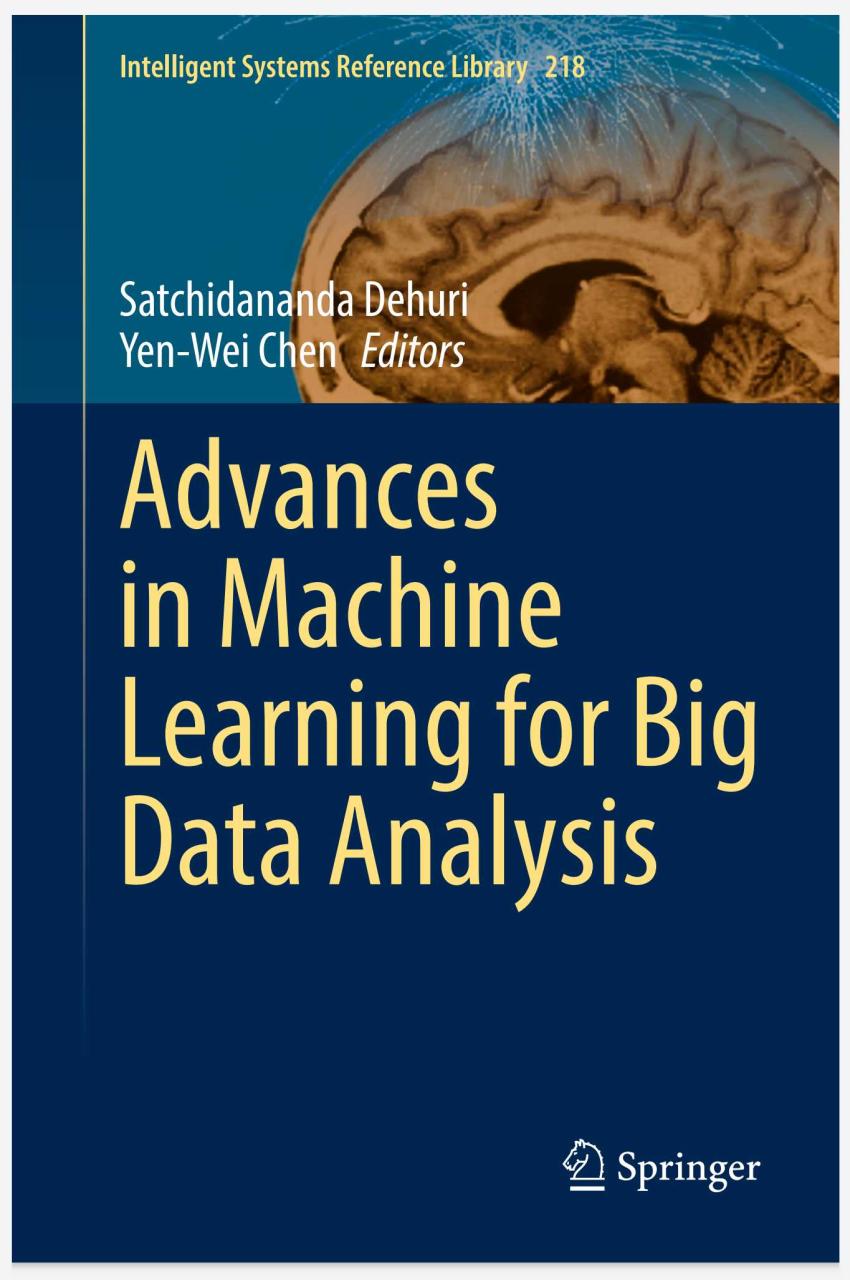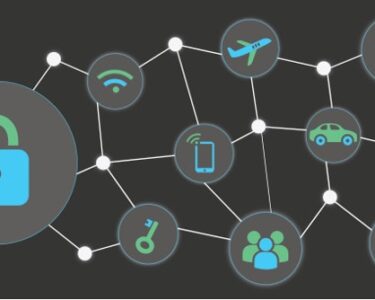
Machine Learning Advancements: Transforming Industries and Society
Machine learning (ML), a subset of artificial intelligence (AI), has emerged as a transformative technology driving advancements in various industries and societal aspects. Recent breakthroughs in ML have fueled groundbreaking applications with far-reaching implications.
Enhanced Data Analysis and Prediction:
Advancements in ML have significantly enhanced data analysis capabilities. ML algorithms can now analyze vast amounts of complex data, identify patterns, and make accurate predictions. This has revolutionized fields such as healthcare, finance, and retail, enabling businesses to make data-driven decisions and optimize operations.
Natural Language Processing (NLP) and Chatbots:
NLP has witnessed remarkable progress, empowering computers to understand and respond to human language. This has led to the development of sophisticated chatbots that provide customer support, automate communication tasks, and engage in personalized conversations.
Image Recognition and Computer Vision:
ML algorithms have revolutionized image recognition and computer vision. They can now classify objects, detect anomalies, and analyze scenes with high accuracy. This has applications in surveillance, medical imaging, and autonomous vehicles.
Speech Recognition and Speech-to-Text:
Advancements in ML have improved speech recognition systems. They can now transcribe spoken words into text with impressive accuracy. This technology has enabled voice-controlled devices, dictation software, and real-time language translation.
Autonomous Systems and Robotics:
ML has played a crucial role in the development of autonomous systems and robots. These systems can navigate complex environments, make decisions, and learn from experience. This has applications in areas such as self-driving cars, exploration, and manufacturing.
Impacts on Society and Industry:
The advancements in ML have had profound impacts on society and industry:
- Healthcare: ML is used for disease diagnosis, drug discovery, and personalized treatment plans.
- Finance: ML algorithms detect fraud, assess creditworthiness, and optimize investment portfolios.
- Transportation: Autonomous vehicles and traffic management systems leverage ML for safety and efficiency.
- Manufacturing: ML optimizes production processes, reduces defects, and improves quality control.
- Retail: ML personalizes shopping experiences, predicts demand, and manages inventory.
Challenges and Future Directions:
Despite the significant progress, ML still faces challenges such as data biases, interpretability, and privacy concerns. Ongoing research focuses on addressing these challenges and pushing the boundaries of ML capabilities. Future developments in ML are expected to bring about even more transformative applications, further revolutionizing industries and society.
Conclusion:
Advancements in machine learning are continuously reshaping the world. From enhanced data analysis to autonomous systems, ML is transforming industries, improving societal outcomes, and laying the foundation for a more technologically advanced future. As research and development continue, we can anticipate even greater advancements and broader applications of this transformative technology.


